
Germany
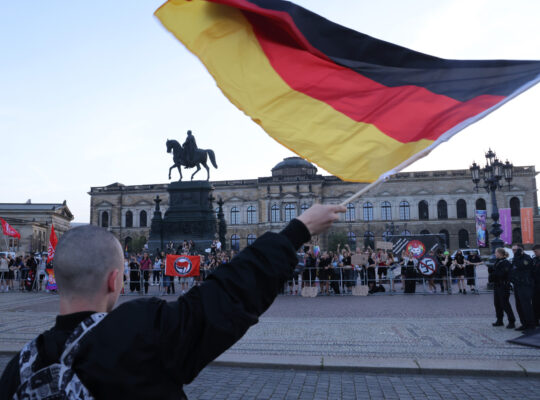
How the Far Right Wields AI
Across Europe, far-right parties are weaponizing generative AI to produce hyperbolic, Islamophobic and anti-refugee visuals that spread rapidly on social media, amplifying disinformation and fueling hostility.
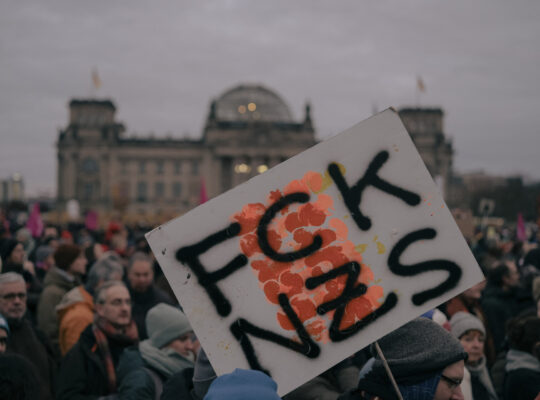
Germany’s Rightward Drift
Germany’s recent federal election showed a sharp rise in support for the far-right AfD party, which media and political analysts have blamed on voters in the former East Germany. But the data shows a picture that is far more nuanced.
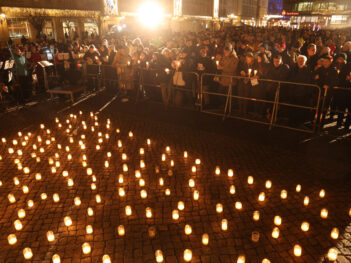
How a Saudi Atheist Became a Killer
Taleb Abdulmohsen’s attack on a Christmas market in Germany concluded the story of a paranoid and grandiose personality with a persistent record of inserting himself in just causes — only to adopt unjust means in their pursuit.

The Former East Germany Is Fertile Ground for the Far Right
The German far right is strongest in the country’s formerly communist eastern states. Tracing the Cold War legacies of East Germany shows how a movement that is rising across Europe also feeds on unique national and regional histories.
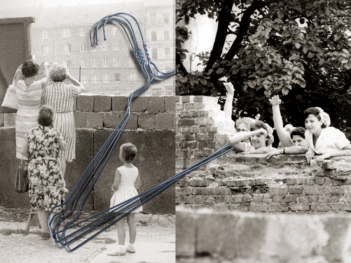
Germany’s Abortion Debate Is Still Shaped by Its East-West Divide
East Germany is often remembered as less forward-thinking than its Western counterpart, yet when the Berlin Wall fell 35 years ago, it marked the beginning of a process that would see East German women lose their stronger rights to abortion.
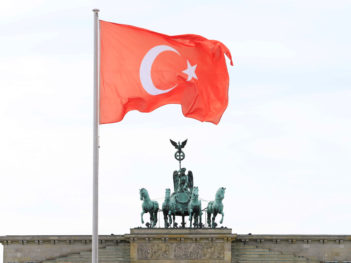
Even After Decades, Europe’s Turkish Diaspora Struggles for Recognition
Today, Turkish diaspora communities encompassing roughly 5.5 million people are spread across Europe, forming one of the continent’s largest migrant groups and the largest Muslim-majority community. But 60 years and at least four generations later, many people from the Turkish diaspora still feel like second-class citizens in Europe.

A Literary Consecration of Genocide Denial
The Swedish Academy’s embrace of Handke comes at a time when far-right movements worldwide have also seized elements of 1990s Serbian nationalism as fuel for violent fantasies from Utøya, Norway, to Christchurch, New Zealand.
